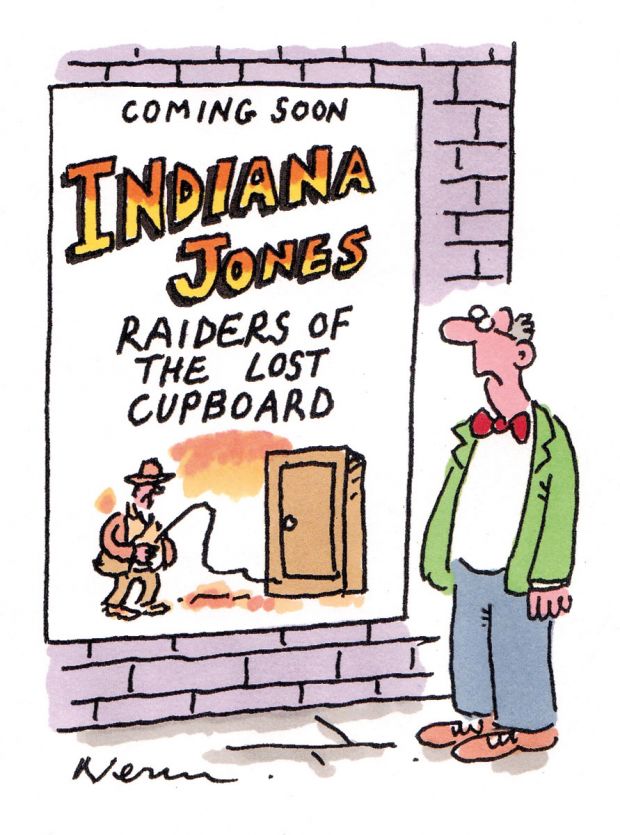
- The president of the Oxford Union will face no further action from police after he was arrested on suspicion of raping a fellow student and attacking another, The Daily Telegraph reported on 19 June. Ben Sullivan, a third-year undergraduate, was arrested at dawn early last month in his college room at Christ Church and has been on bail for six weeks, the paper said. Several speakers are said to have pulled out of events at the 200-year-old debating society while the banker’s son, who refused to resign his post, was investigated. However, Nigel Evans, the MP and former deputy speaker of the House of Commons who was cleared of rape, said Mr Sullivan’s case demonstrated the need for alleged rapists to be given anonymity until they are charged. “The glare of publicity this lad went through is appalling,” said Mr Evans. Sullivan said in an interview with the Mail on Sunday that he would campaign for changes in the law on anonymity for those arrested but not charged. He admitted having sex with the woman who accused him of rape but insisted it was consensual.
- Suggestions that university fees should be uncapped in return for extra help for poorer students have gone down like a lead balloon. Put forward by Sir Howard Newby, the University of Liverpool’s vice-chancellor, in last week’s Times Higher Education, the Browne Review-type proposal would see the £9,000 fee system replaced with a “sliding scale” where the higher the fee, the more money is put back into helping those from poorer backgrounds. “Discrimination of the most appalling sort” was one of the angry comments underneath a report of the interview on the Mail Online on 20 June. “What’s next…a sliding scale charge for a pint of milk in a supermarket?” asked another, clearly not ready to embrace the world of uncapped fees envisaged by Lord Browne four years ago. “I can’t see too many paying to go to a Poly’ like the University of Liverpool!” was another bizarre comment.
- Ancient food items have been found by archaeologists…on top of a university cupboard, The Independent on Sunday reported on 22 June. Researchers at the University of Bristol found a collection of food offerings left in a royal tomb of ancient Mesopotamia during a clear-out in the department of archaeology and anthropology. The remains are believed to have been collected by Sir Leonard Woolley in Ur, southern Iraq, in the 1920s and 1930s. The discovery was described as “exciting”, presumably because of the rare nature of the samples rather than the less than Indiana Jones-esque method of finding them.
- A US university is to offer scholarships to talented video gamers after adding online game League of Legends to its varsity sports line-up, Inside Higher Ed reported on 23 June. Robert Morris University-Illinois, a 7,000-student private institution with its main campus in Chicago, will offer between 45 and 50 athletic scholarships to gamers that will cover half their fees and rents. It has already received 70 applications and 500 email enquiries regarding the awards. It follows the boom in college eSports, with one video-game competition filling an 18,000-capacity sports stadium in Los Angeles last year.
- Dubious uses of the title “professor” are nothing new in higher education, but a self-styled martial arts expert’s claim to the prefix is surely the shakiest so far. “Professor Alan Stanley Thornton” was awarded an MBE in this month’s Queen’s birthday honours list after claims that he had gained a rare 10th Dan Red Belt in a form of karate called “Senai Seisshinryu Shihandokai”, the Daily Mail reported on 23 June. But former British karate champions lined up to say they have never heard of “Professor Thornton”, who explains his title is from a Japanese martial arts organisation called “Juko-kai”, the paper said. No one had heard of that either. His claims to have a BSc and a doctorate in “naturopathic studies” were also queried by the Mail, who said his claim that they were obtained from the “Institute of Natural Therapy” in India “could not…be easily verified”. Sadly, Professor Thornton, as he is cited in his MBE award, has been unable to pass on his professorial-level fighting skills for some years as he says he has been injured. So karate’s loss may well be alternative medicine’s gain.
Register to continue
Why register?
- Registration is free and only takes a moment
- Once registered, you can read 3 articles a month
- Sign up for our newsletter
Subscribe
Or subscribe for unlimited access to:
- Unlimited access to news, views, insights & reviews
- Digital editions
- Digital access to THE’s university and college rankings analysis
Already registered or a current subscriber?
Please or to read this article.
